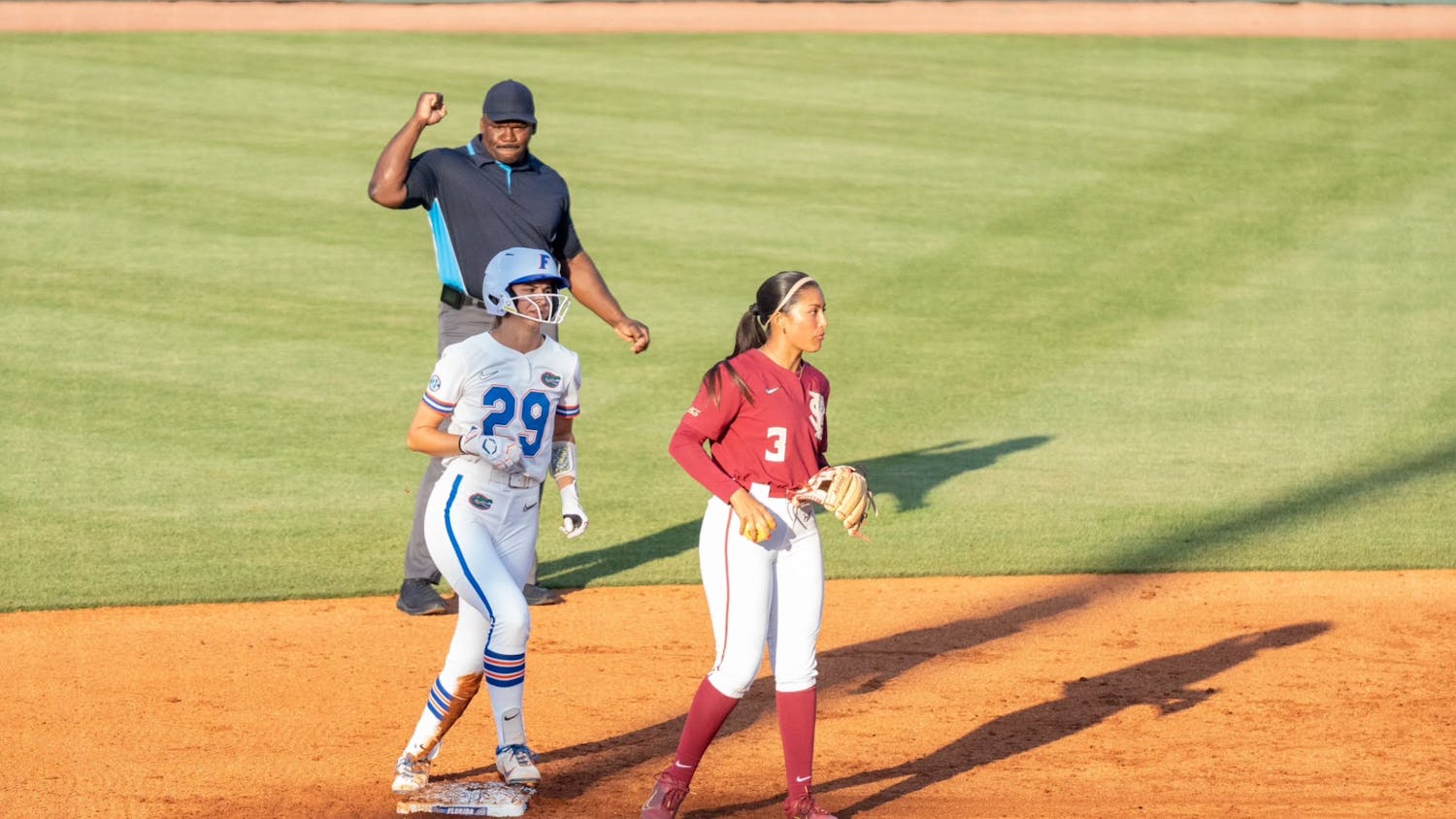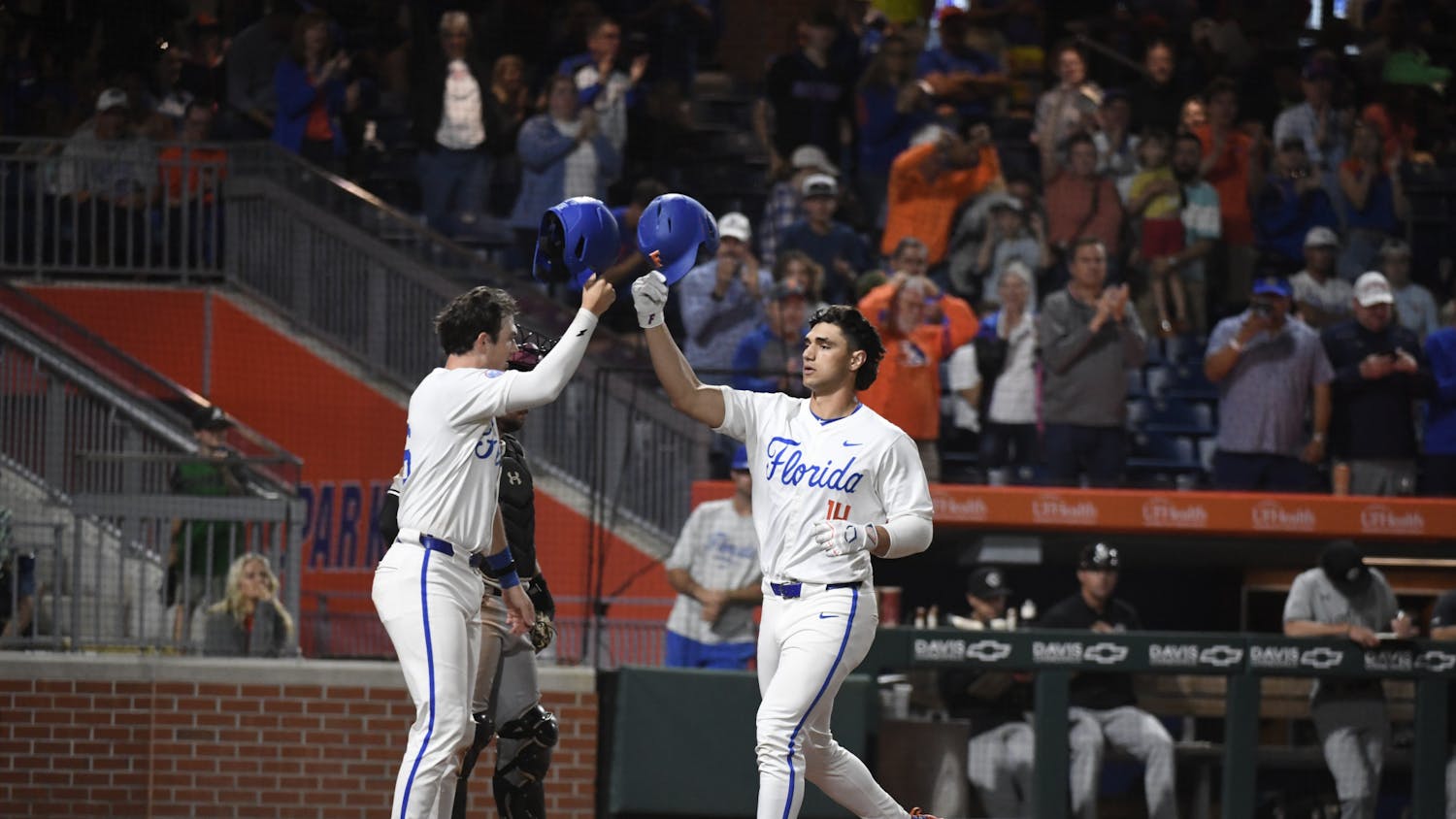Whether it was due to a class discussion on the “student as customer” debate or a fellow columnist’s musings on Rate My Professors or simply my own preoccupation with funding graduate school, my mind keeps coming back to the ways in which higher education and the market economy intersect. Over the past few years, higher education has been increasingly characterized as a business transaction in which the student is the customer “purchasing” a degree and entrance into the job market. It seems innocuous enough, treating college students as valued customers, but despite the increased bargaining power this conceptual shift gives us, it undeniably warps the way we approach our education.
One need not look far to see how this transactional view manifests itself in our daily experiences. As mentioned in last week’s column on Rate My Professors, academic faculty are rated in an unsettlingly streamlined fashion as they are reduced down to three discrete categories: level of difficulty, overall quality and — for some incomprehensible reason — hotness. A professor of mine recently pointed out the undeniable similarities between the website’s ratings for professors and those for a washing machine, toaster or laptop in “Consumer Reports.”
Yet while there’s no doubt that the transactional approach to education has directly resulted in the commodification of professors, it has also encouraged them to become more approachable and accountable. While it’s difficult for me to imagine, countless adults in my life have assured me that dropping by a professor’s office to chat them up or ask a quick question was utterly unthinkable a few decades ago. Additionally novel to them is the concept of faculty evaluations, which have seemed like an indispensible necessity to me in the past three years. Both of these educational features have become more prevalent as educational institutions are held increasingly accountable by paying “customers,” but this bargaining power also impacts how students perceive themselves and their role in the transaction.
I’m extremely hesitant to use the word “entitled” as I feel it’s an overused crutch, constantly used to shame millennials, but I can’t deny that approaching education as a business transaction is guaranteed to result in some students feeling as though they’re owed a degree. It’s an inevitable effect of that corporate mantra “the customer is always right” being haphazardly applied to higher education. The fact of the matter is the student is not always right, and — while paying thousands of dollars for a degree does mean we deserve engaged faculty, fair grading and some degree of empathy — we can’t expect to be waited on hand and foot. Personal growth doesn’t happen when you’re “always right.”
However, I’ve encountered very few people who feel as though they’re owed a degree at this school. That’s what I love so much about UF: I’m constantly surrounded by passionate students who step outside their comfort zones, work tirelessly to achieve their goals and know when to admit they’re wrong.
Even with this in mind, it’s an unavoidable truth that treating students like customers lends itself to a shift in focus away from the true nature of education. Enticing amenities are used to attract lucrative customers, like Boston University’s luxury “condo” dorms and the University of Missouri’s lazy river. Students begin to perceive themselves as passive receivers of their education. This transactional metaphor has a lot of problematic implications for students and educational institutions alike, so it may be time for us to reconceptualize their nuanced relationship.
Marisa Papenfuss is a UF English junior. Her column appears on Tuesdays.





